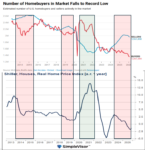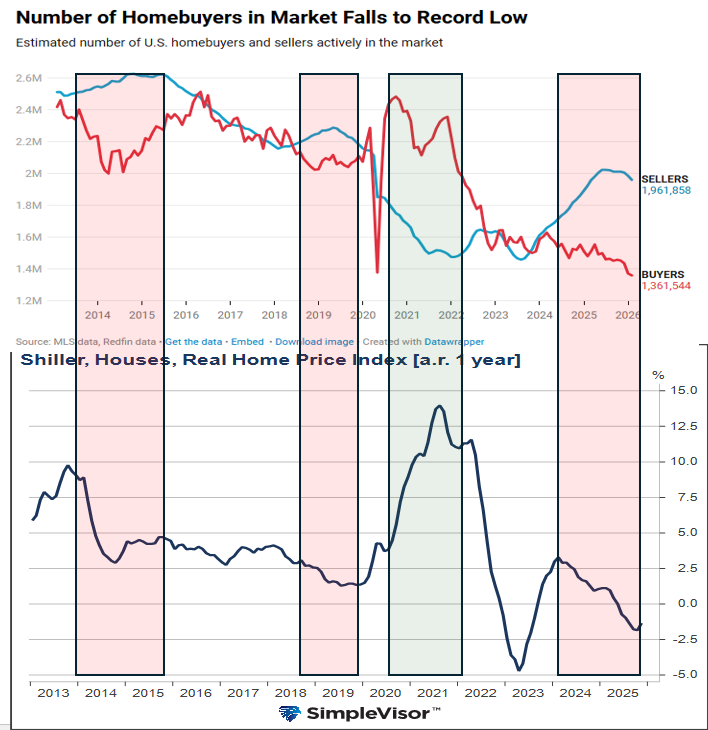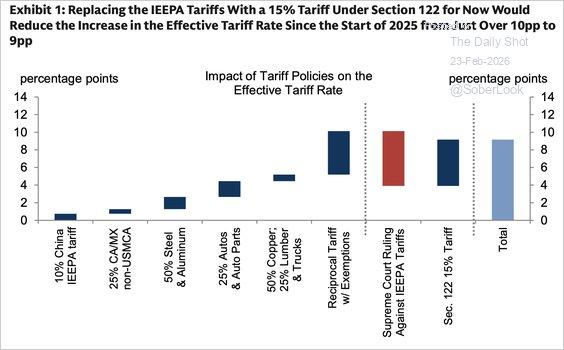Texas is not the only US state to have deregulated electricity. The states of Delaware, Connecticut, Maine, Massachusetts, and New Hampshire have several deregulated electricity zones as well. However, there are significantly more deregulated electricity sectors in Texas than in any other state. As per official reports, more than 26 million residents of the state live in 400+ deregulated zones, accounting for roughly 87% of the total state population.
Therefore, data from Texas is the most reliable at this time for observing the effects of deregulated electricity on a highly populated and large, industrialized location. The fact that electricity was first deregulated in the state 21 years ago makes the data even more reliable for gathering valuable, time-reliant insights.
More Options
Residents and/or businesses in a location where electricity has not been deregulated will not have the option to choose their own electricity provider. Therefore, the electricity provider who supplies electricity in a regulated zone enjoys a complete monopoly. They have no competition because their customers do not have the right to buy electricity from any other provider. Deregulation of electricity in Texas is a measure that addressed the situation by changing the rules and ending the monopoly.
In direct contrast, any residential, commercial, or industrial party that lives or operates within any one of Texas’s hundreds of deregulated zones have several options to choose from. For example, both residents and local businesses choose their own electricity company in Corpus Christi, TX. Furthermore, customers can even work with energy advisors to negotiate with the various electricity providers for a better rate and/or a better plan.
No Obligation
There are no permanent obligations that residents or businesses need to abide by in a deregulated electricity zone under ERCOT. All obligations end as soon as the contract between the customer and the electricity provider expires. At that point, the customer is free to renegotiate a new contract with the same company, or they may look for better bargains from a different provider in the area.
Customers are not obligated to stay with an electricity provider even if their contract has not yet expired. However, they will need to pay the calculated early termination fee if they decide to leave the company in favor of a better plan from a different electricity provider. The termination fee is generally calculated based on the number of months that the provider was still supposed to provide the customer with electricity, as per the contract between them.
Greater Competition
As the number of cities and rural zones with regulated electricity grew over the years since its first inception in 2022, so too did the number of electricity providers and retailers. As of 2023, there are 300+ electricity retailers (not providers) operating in the state of Texas. The situation has been both criticized and acclaimed, depending on the reviewer’s perspective.
From the customer’s perspective, the increased competition provides them with a greater number of options and more power over negotiations. However, competition for securing a bigger piece of the electrical pie is severe in the energy sector for electricity retailers and even the handful of primary electricity providers in Texas.
Are you the author? See more for Next postTags:



























